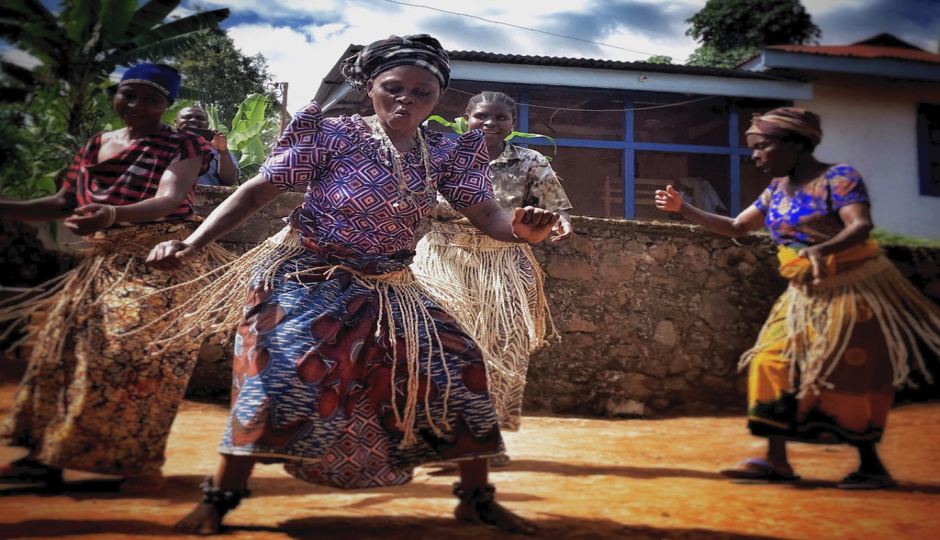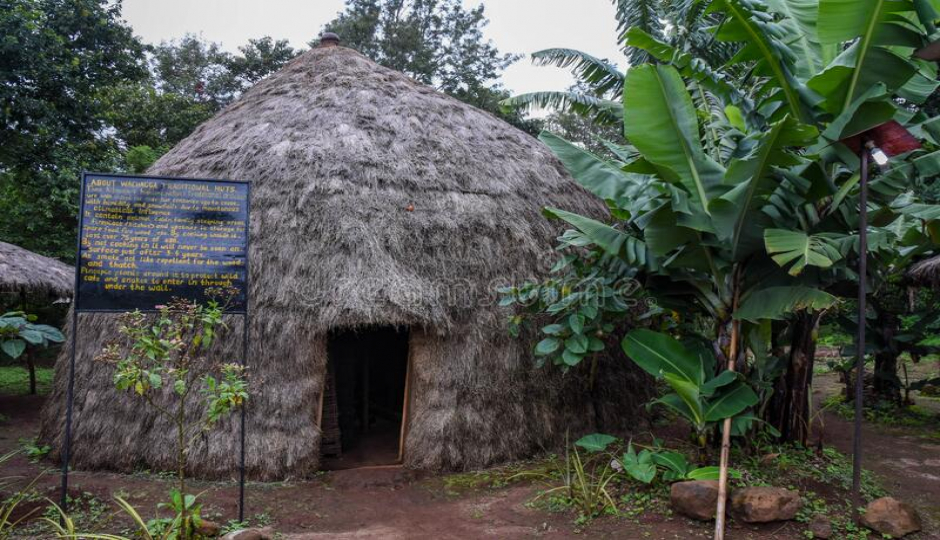







Nestled at the base of Mount Kilimanjaro in northern Tanzania, the Chagga people are a remarkable Bantu-speaking community known for their industrious spirit, rich traditions, and close relationship with the land. As one of the largest ethnic groups in Tanzania, the Chagga have played a significant role in shaping the cultural and economic fabric of the region.
Origins and History
The Chagga trace their origins to Bantu-speaking peoples who migrated to the fertile slopes of Mount Kilimanjaro centuries ago. Over time, they developed a unique identity influenced by interactions with neighboring tribes, traders, and European missionaries. Their strategic location along trade routes facilitated exchanges of goods, ideas, and customs, contributing to their vibrant culture.
Historically, the Chagga organized themselves into small chiefdoms, each governed by a chief ("mangi") who held political and spiritual authority. While these chiefdoms occasionally clashed, they shared common cultural practices and a deep reverence for their ancestral lands.
Language and Communication
The Chagga speak Kichagga, a language with several dialects corresponding to their diverse clans. Swahili, Tanzania’s national language, is also widely spoken, especially for trade and education. The Chagga's oral traditions—including storytelling, proverbs, and songs—play a crucial role in preserving their history and passing down knowledge to future generations.
Agriculture: The Backbone of Chagga Life
Agriculture has long been central to Chagga life. The fertile volcanic soils of Mount Kilimanjaro provide an ideal environment for cultivating crops such as bananas, coffee, maize, and yams. Bananas are particularly significant; they are a staple food and hold cultural importance in rituals and ceremonies.
Coffee farming, introduced during colonial times, became a major economic activity for the Chagga. The region's Arabica coffee beans are renowned for their quality and contribute significantly to Tanzania's coffee exports. Many Chagga families operate smallholder farms, skillfully combining traditional farming methods with modern techniques.
One of the Chagga's most remarkable achievements is their traditional irrigation system, known as Unique Irrigation Practices "furo." This intricate network of canals channels water from Mount Kilimanjaro's streams to their farms, ensuring year-round crop production. The furo system reflects the Chagga’s ingenuity and deep understanding of their environment.
Religion and Spirituality
The Chagga’s spiritual beliefs are a blend of traditional practices and Christianity. Before the advent of Christianity, the Chagga worshiped Ruwa, a supreme deity associated with Mount Kilimanjaro. They also revered their ancestors, believing that spirits could influence their lives and the natural world.
With the arrival of European missionaries in the 19th century, many Chagga converted to Christianity, predominantly Catholicism and Lutheranism. Today, Christian practices often coexist with traditional rituals, creating a harmonious blend of old and new spiritual customs.
Cultural Practices and Celebrations
The Chagga are known for their vibrant music, dance, and ceremonies. Traditional dances, accompanied by rhythmic drumming and singing, are performed during weddings, harvest celebrations, and other communal events. Storytelling is another cherished tradition, used to convey moral lessons and preserve historical narratives.
Marriage among the Chagga is both a social and cultural union. It involves elaborate negotiations between families, dowry exchanges, and ceremonies that highlight the importance of family and community bonds.
Cuisine
Chagga cuisine is hearty and reflects their agricultural lifestyle. Bananas are a staple ingredient, prepared in various forms such as "machalari" (a banana and meat stew) and "ndizi na nyama" (banana with beef). Other popular dishes include maize-based "ugali" and fermented beverages made from bananas.
Modern Challenges and Opportunities
Like many indigenous communities, the Chagga face challenges such as climate change, land pressure, and cultural erosion due to modernization. However, they continue to adapt and innovate. Tourism has become an important source of income, with visitors drawn to the region’s stunning landscapes, coffee farms, and cultural experiences.
The Chagga people are a testament to the resilience and richness of Tanzania’s cultural heritage. Their deep connection to Mount Kilimanjaro, innovative agricultural practices, and vibrant traditions make them a vital part of the country’s identity. For those seeking to understand Tanzania’s cultural mosaic, the Chagga offer a fascinating glimpse into a community that has thrived for generations at the roof of Africa.






What is a Reasonable Tanzania Safari Itinerary?
How Do I Plan a Kilimanjaro Climb?
To book your adventure, simply send us an email detailing your desired experience—whether it's climbing Mount Kilimanjaro, going on a Tanzania safari, or enjoying the Zanzibar beach.
We'll promptly respond with all the information you need to finalize your plans. Plus, we offer the convenience of online payment to make the process even smoother.
View Packages